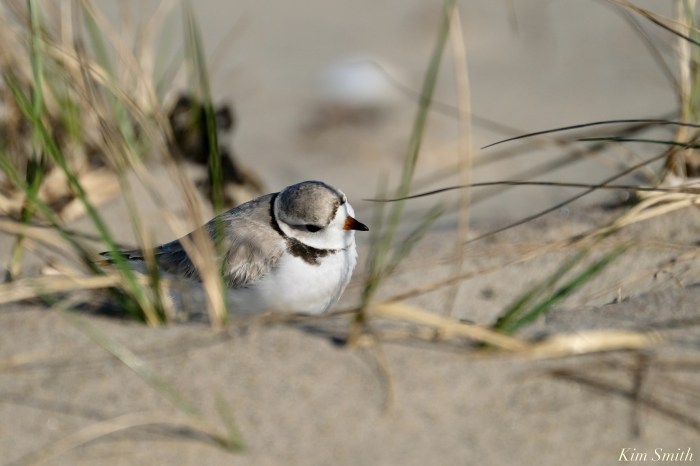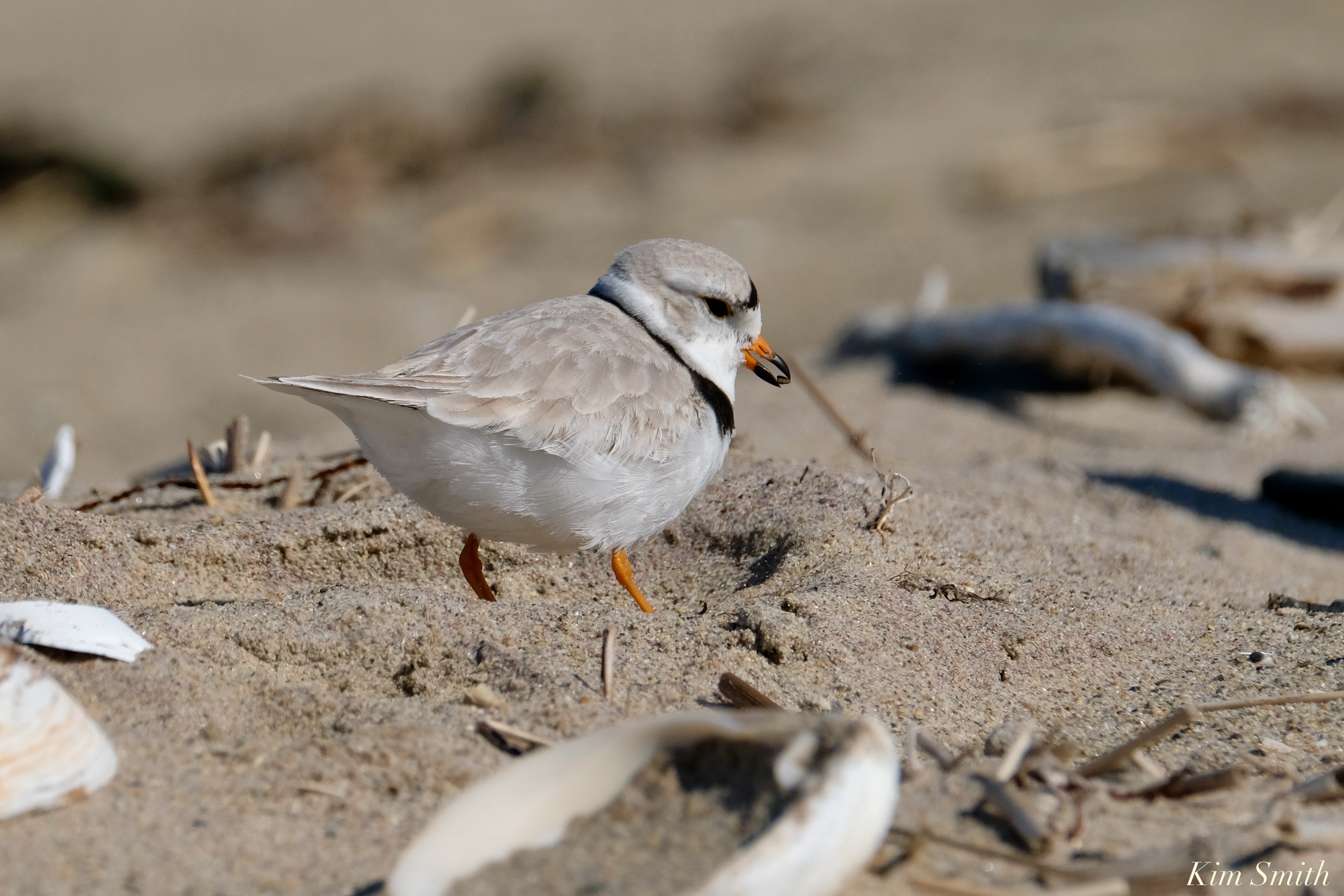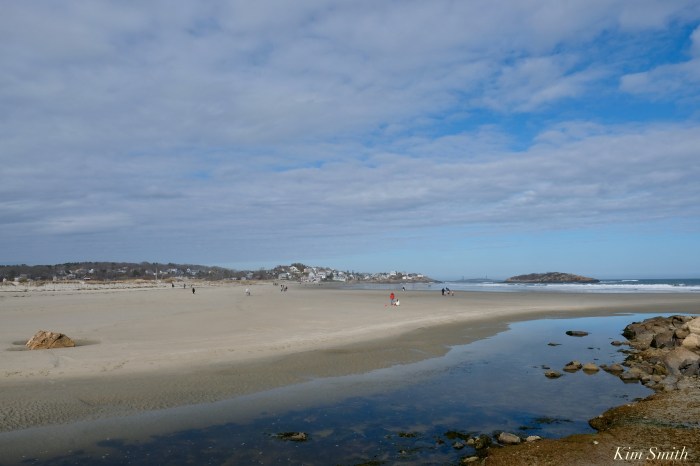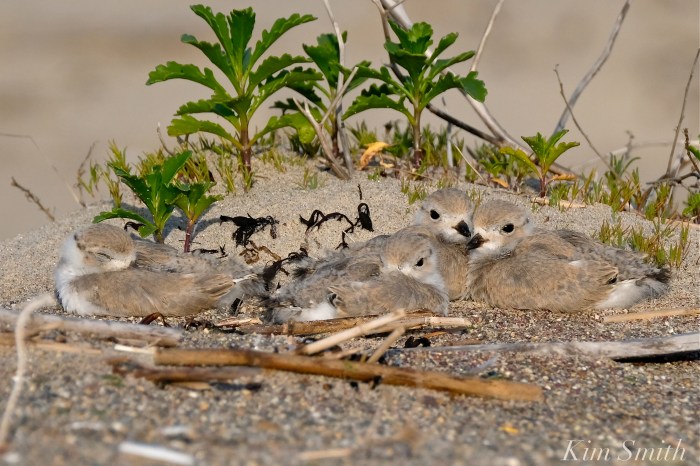On Tuesday I attended the Coastal Waterbird Conservation Cooperators meeting, which took place at the Harwich Community Center on Cape Cod. The meeting is held annually to bring together people and organizations that are involved with population monitoring and conservation efforts on behalf of coastal waterbirds. Threatened and endangered species such as Least Terns, Piping Plovers, Roseate Terns, and American Oystercatchers are given the greatest attention.
I was invited by Carolyn Mostello, event organizer, to create a short film, Gloucester Plovers Go Swimming, for the “Strange and Unusual” section. The film features our three little chicks SWIMMING in the tidal creek (see next post). I also provided a group of photos of the late hatching chicks for DCR. The film and the photos were well-received, which was gratifying to me, to be of help in documenting and sharing these wonderful stories.
Conservationists from all seven Massachusetts coastal regions participated, as well as conservationists from nearby states, including representatives from Maine, Rhode Island, and New Hampshire. To name just some of the organizations presenting at the meeting-Mass Wildlife, Trustees of Reservations, Essex Greenbelt, Massachusetts Department of Conservation and Recreation (DCR), Mass Audubon, and US Fish and Wildlife.
In the morning, each region gave the 2019 population census report for nesting birds as well as providing information about problems and solutions. We all share similar challenges with predation from crows and gulls, uncontrolled dogs, enforcement, and habitat loss and it was very interesting to learn about how neighboring communities are managing problems and issues.
Trustees of Reservations Coastal Ecologist Jeff Denoncour presented on behalf of the north of Boston region, of which Gloucester is a part. Essex Greenbelt’s Director of Land Stewardship Dave Rimmer and intern Fionna were in attendance as well. Both Crane Beach and Parker River are having a fantastic year and the numbers are up across Massachusetts, Maine, and Rhode Island. There are still many young chicks yet to fledge on Massachusetts beaches so the final count has not been determined.
The afternoon session was filled with outstanding lectures presented by conservation biologists and all the programs were tremendously informative.
I met Beth Howard from Mass Audubon, who has been involved with care taking the L Street Piping Plovers and Paige Hebert from Mass Wildlife who has been helping manage Roseate Terns. The DCR staff managing the shorebirds at Nahant, Salisbury, Winthrop, and Revere Beach were all there and they are just a stellar group of young people.
It was a great day! Many attendees expressed congratulations for Gloucester fledging three chicks. Last year after attending the meeting I wrote the following and it’s wonderful that our hope for Gloucester’s Plovers was realized this year: “After attending the cooperators meeting, I am more hopeful than ever that our community can come together and solve the problems that are preventing our PiPl from successfully nesting and fledging chicks. What we have going in our favor is the sheer number of amazing super volunteers along with strong community-wide support.”
Spread The GMG Love By Sharing With These Buttons:
 Males and females are pairing up at local beaches
Males and females are pairing up at local beaches Female PiPl keeping out of the path of gusty winds
Female PiPl keeping out of the path of gusty winds Winthrop Shores Reservation ‘Five Sisters’
Winthrop Shores Reservation ‘Five Sisters’




















